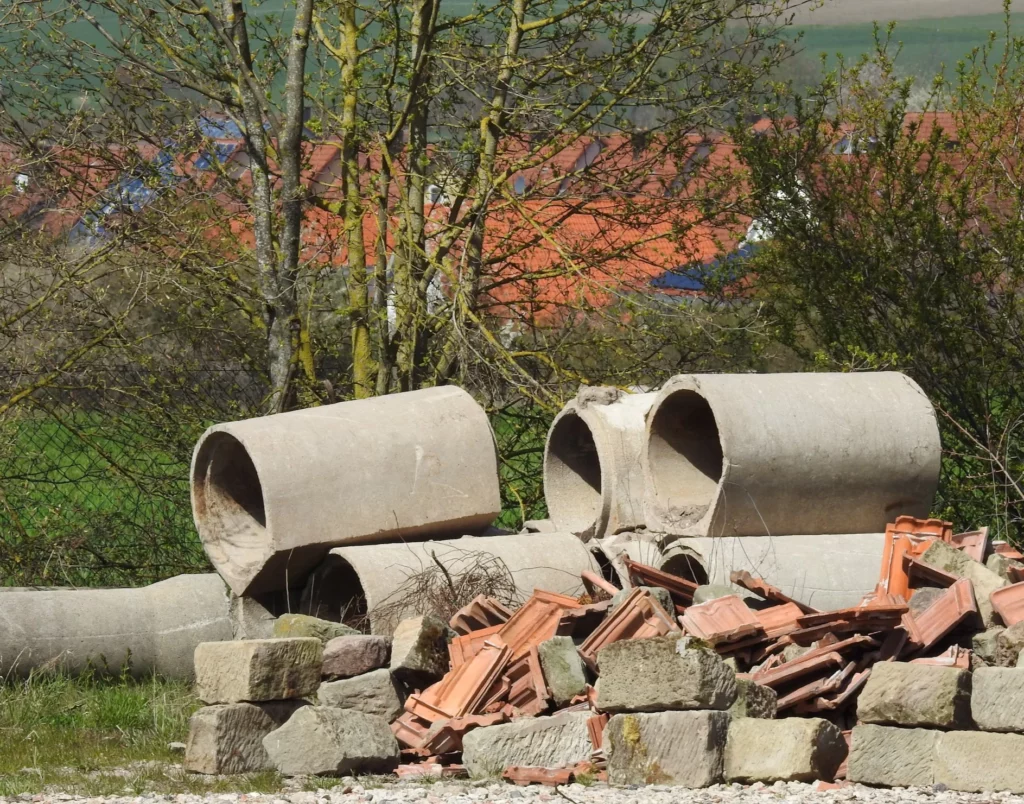Recent legislative changes in New South Wales have significantly increased penalties for asbestos dumping offences, marking the most substantial amendment to environmental protection laws since 1991. These enhanced penalties reflect the government’s strengthened stance on environmental protection and public safety regarding asbestos disposal.
Updated Penalty Framework for Asbestos Dumping in NSW
The Environment Protection Legislation Amendment Bill 2024 has established new maximum penalties for asbestos-related offences across multiple tiers. These changes represent a significant increase from previous penalties, which had remained unchanged since 2005.
Maximum Penalties for Companies
Under the new legislation, companies face substantially increased maximum penalties for asbestos-related offences in NSW. For Tier 1 serious offences, companies may now incur fines of up to $10 million, double the previous maximum penalty. Tier 2 asbestos-related offences now carry maximum penalties of $4 million for corporations, reflecting the serious nature of these environmental crimes.
Individual Penalties
Individual offenders also face increased penalties under the new NSW government framework. Maximum penalties for Tier 1 serious offences have doubled to $2 million, while Tier 2 asbestos-related offences now carry maximum penalties of $1 million for individuals.
On-the-Spot Fines For Asbestos Dumping
The legislation introduces significant changes to on-the-spot fines for certain violations. Companies now face penalties of $30,000 for first offences and $45,000 for second offences. Individual offenders may receive on-the-spot fines of $15,000 for first offences and $22,500 for second offences.
Small-Scale Illegal Asbestos Dumping

For small-scale illegal dumping, the legislation establishes maximum penalties of $50,000 for companies and $25,000 for individuals. Public land managers, including councils, NSW Police, and the National Parks and Wildlife Service, can issue on-the-spot fines of $5,000 for companies and $1,000 for individuals.
Higher Penalties for Sensitive Areas
The legislation introduces specific, higher penalties for dumping asbestos on sensitive land, including childcare centres, hospitals, schools, national parks, and beaches. This reflects the increased risk and potential harm associated with asbestos dumping in these locations.
Resource Recovery Violations
Penalties for breaching resource recovery orders and exemptions involving asbestos waste have increased significantly, now reaching up to $4 million for corporations. This substantial increase reflects the serious nature of asbestos contamination in waste management systems.
Additional Enforcement Measures In NSW

Beyond monetary penalties, the legislation introduces several new enforcement mechanisms. These include:
- The establishment of a public ‘name and shame’ process for poor environmental performers
- Enhanced investigation powers and clean-up notice controls
- Authority for the Land and Environment Court to ban repeat offenders from obtaining environmental protection licenses
- Implementation of a new waste accreditation scheme
Prevention Of Asbestos Dumping
These increased penalties aim to serve as a stronger deterrent against illegal asbestos dumping while protecting public health and the environment. The reforms focus on preventing contamination from entering communities and recycling streams while enforcing meaningful deterrents to environmental crimes.
Future Developments
The NSW Government continues to monitor and assess the effectiveness of these measures, with potential for further changes based on ongoing investigations and recommendations from the Asbestos Taskforce and Office of the Chief Scientist and Engineer.
The significant increase in penalties for asbestos dumping in NSW reflects the government’s commitment to environmental protection and public safety. These enhanced fines and enforcement measures aim to ensure that penalties serve as effective deterrents rather than merely operational costs for offenders.It is recommended to consult with licensed asbestos professionals such as Global Asbestos Audits or relevant regulatory authorities for specific guidance regarding asbestos disposal requirements and regulations.

